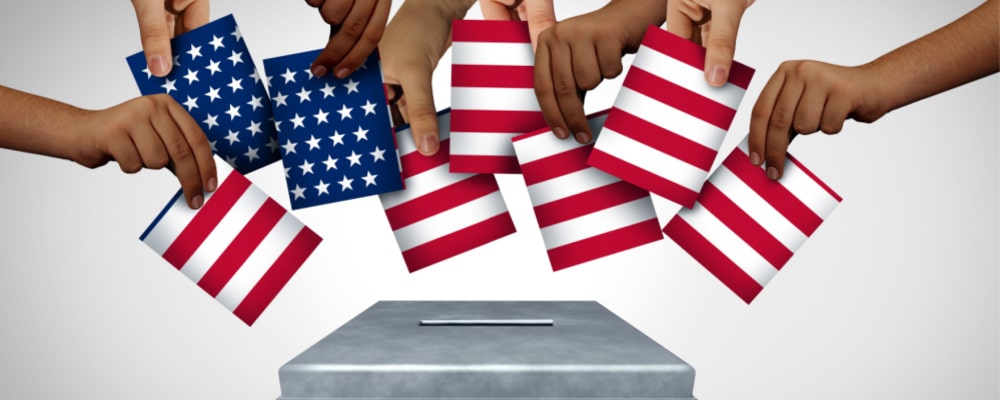Voting Rights: A History and Overview of U.S. Voter Law

Voting is one of the fundamental rights protected by the United States Constitution. Through the years, various laws have been implemented to expand access to voting and ensure that all citizens have an equal opportunity to participate in the democratic process. However, this journey towards inclusive voting rights has not always been easy.
The right to vote was initially limited in early America. At its inception, only white male property owners had the privilege of casting their ballots. Over time, constitutional amendments expanded suffrage to various groups who were previously excluded or marginalized.
15th Amendment: Expanding Voting Rights for African Americans
After the end of slavery following the American Civil War, efforts were made to secure voting rights for African Americans. In 1870, the 15th Amendment was ratified which stated that no male citizen could be denied their right to vote based on race or color.
Despite this guarantee of voting rights without regard to race, discriminatory practices such as literacy tests and poll taxes were used throughout the South during the Jim Crow era after Reconstruction concluded in an effort to suppress African-American voter turnout.
19th Amendment: Women's Suffrage
In 1920, ratification of the 19th Amendment gave women across the United States full voting privileges nationwide for the first time. It constitutionally prohibited any United States citizen from being denied enfranchisement solely due to sex and gender discrimination.
Native Americans Granted the Right to Vote
On June 2, 1924, a significant milestone in American history was reached when legislation was enacted that granted Native Americans the right to vote. This landmark moment marked an important step towards achieving greater equality and representation for all citizens of the United States.
Before this legislation, Native Americans faced numerous challenges and injustices when it came to their participation in the democratic process. Despite being indigenous inhabitants of North America long before European colonization, they were systematically excluded from voting rights by various state laws and discriminatory practices.
The denial of voting rights not only limited Native Americans' ability to participate fully in civic life but also perpetuated a cycle of disenfranchisement and marginalization. It reinforced stereotypes and biases while diminishing their voices within society at large.
The effort to secure voting rights for Native Americans gained momentum during the early decades of the 20th century as activism grew. Advocacy groups emerged to address these glaring inequalities and ensure that all eligible individuals had an equal opportunity to exercise their constitutional rights.
Voting Access and Voter ID Laws
In recent years, there has been an ongoing debate about voter identification laws. Proponents of strict identification requirements argue that they help prevent voter fraud and maintain the integrity of elections. Opponents claim these laws disproportionately affect minority communities who may experience more difficulty in obtaining valid forms of identification.
Advocates for accessible voting assert that all eligible citizens should have the ability to cast their ballots without unnecessary barriers or discriminatory measures. Efforts are being made to expand access through initiatives such as early voting, mail-in ballots, and automatic voter registration.
Moving Forward: Ensuring Equal Voting Rights
The right to vote remains essential for maintaining a vibrant and participatory democracy. While progress has been made in expanding voting rights over time, challenges persist in ensuring equal access for all citizens.
As our nation moves forward with evolving demographics and changing political landscapes, we must remain vigilant in protecting this fundamental right for everyone regardless of age, gender, ethnicity, or cultural background.















